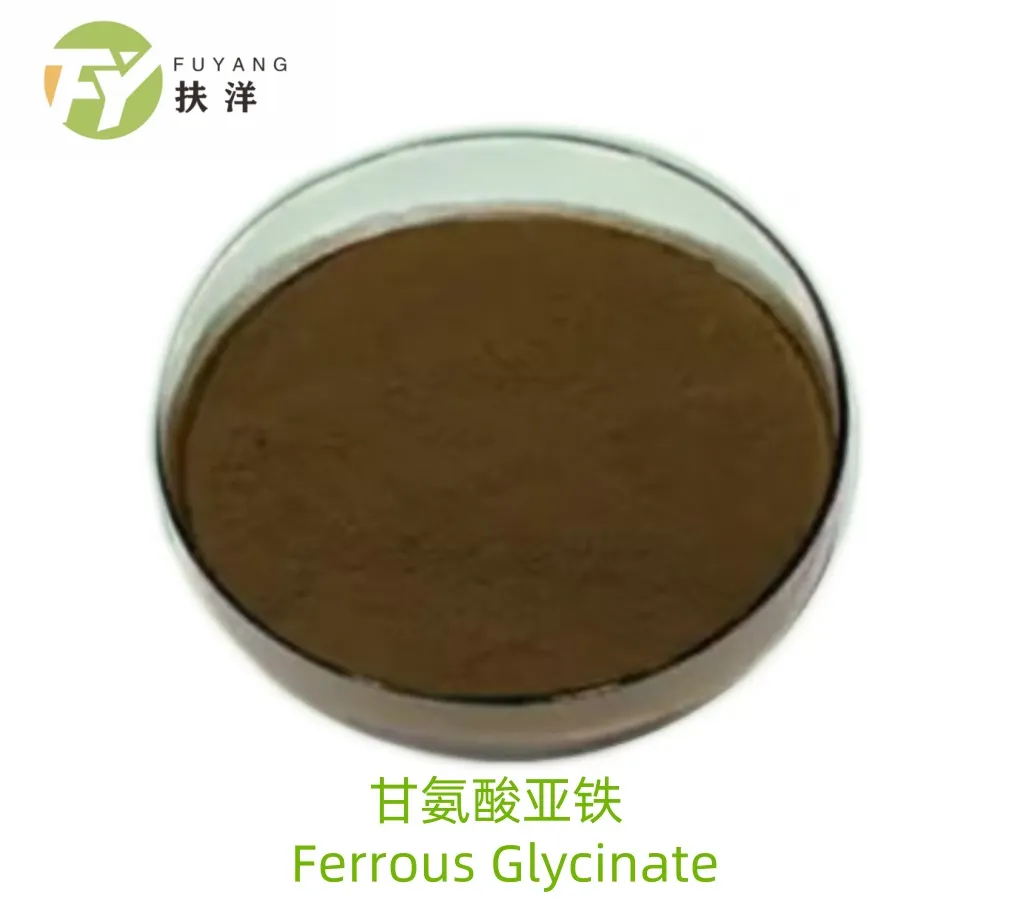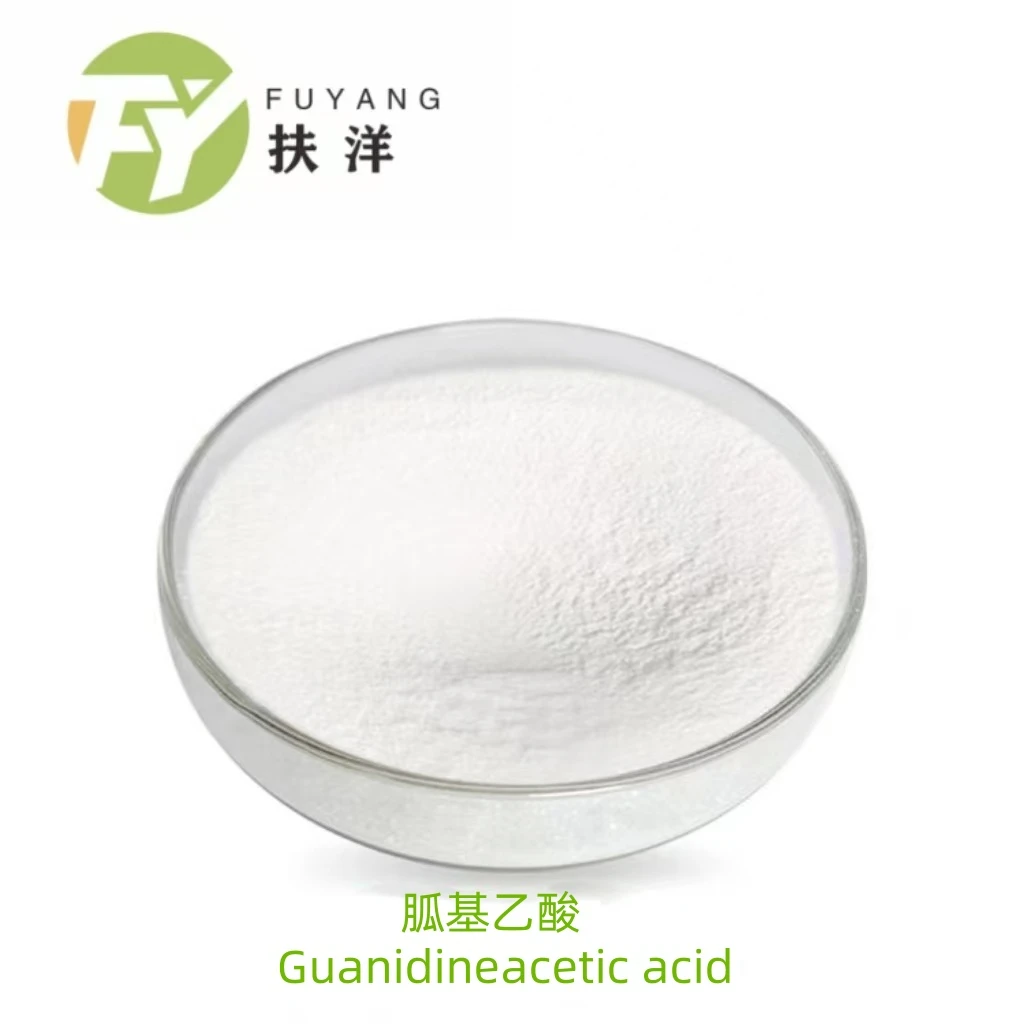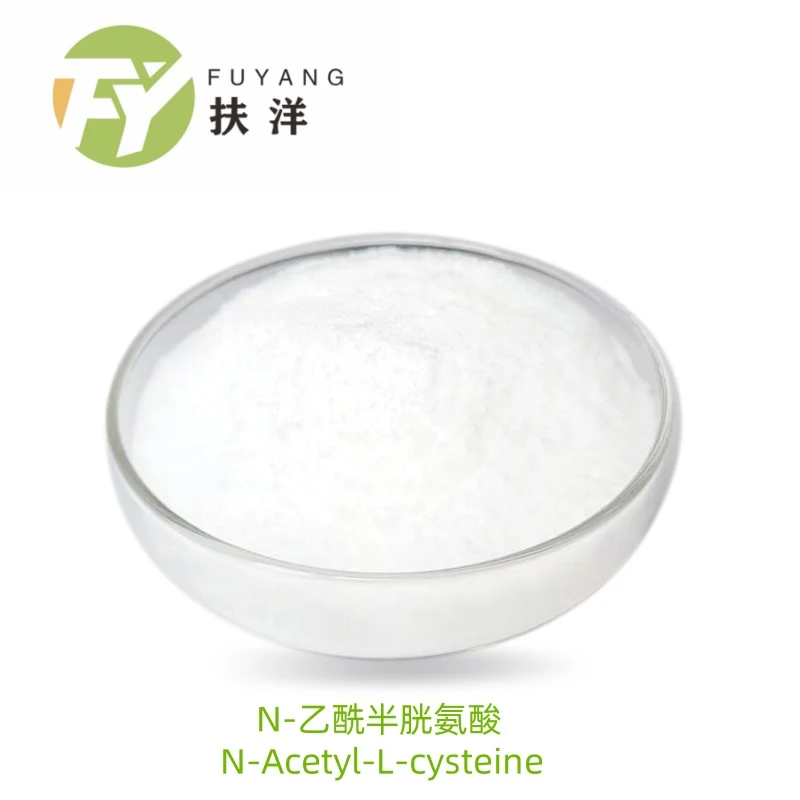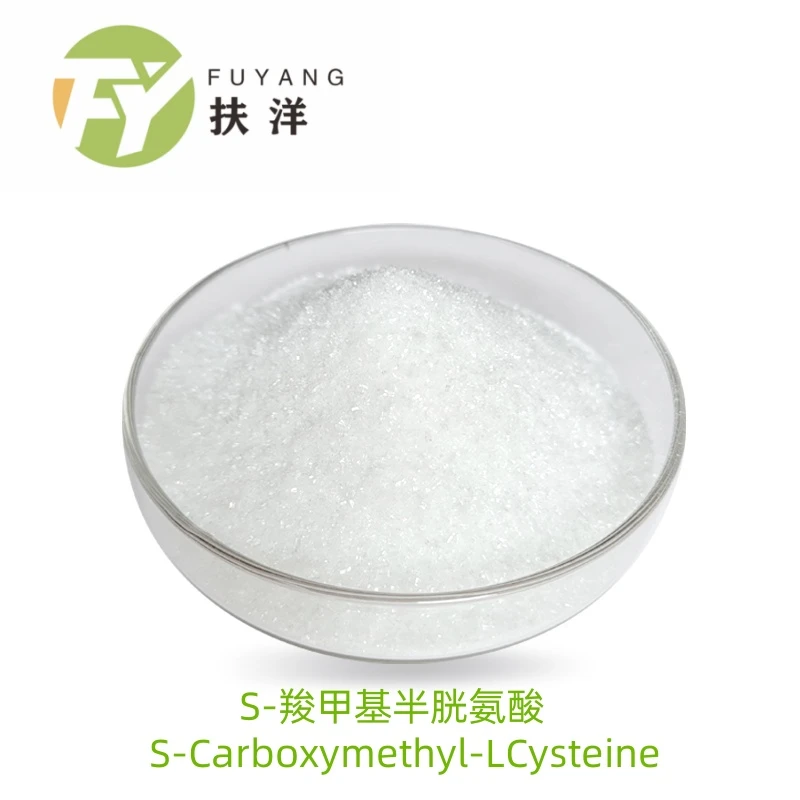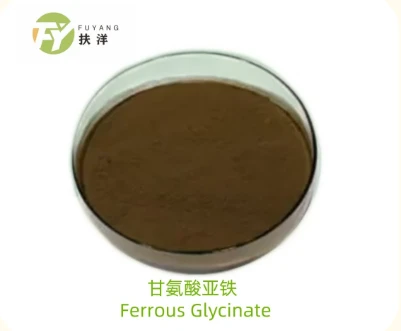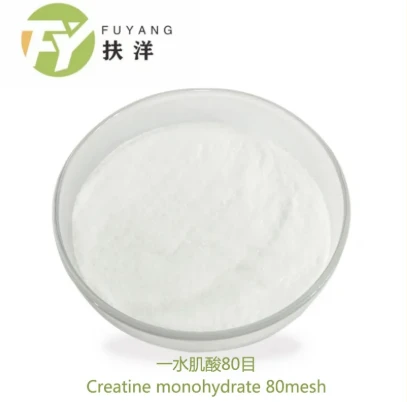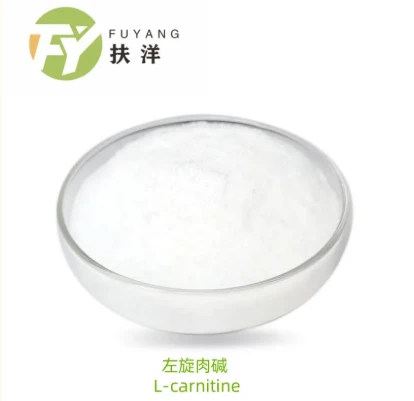- Afrikaans
- Albanian
- Amharic
- Arabic
- Armenian
- Azerbaijani
- Basque
- Belarusian
- Bengali
- Bosnian
- Bulgarian
- Catalan
- Cebuano
- Corsican
- Croatian
- Czech
- Danish
- Dutch
- English
- Esperanto
- Estonian
- Finnish
- French
- Frisian
- Galician
- Georgian
- German
- Greek
- Gujarati
- Haitian Creole
- hausa
- hawaiian
- Hebrew
- Hindi
- Miao
- Hungarian
- Icelandic
- igbo
- Indonesian
- irish
- Italian
- Japanese
- Javanese
- Kannada
- kazakh
- Khmer
- Rwandese
- Korean
- Kurdish
- Kyrgyz
- Lao
- Latin
- Latvian
- Lithuanian
- Luxembourgish
- Macedonian
- Malgashi
- Malay
- Malayalam
- Maltese
- Maori
- Marathi
- Mongolian
- Myanmar
- Nepali
- Norwegian
- Norwegian
- Occitan
- Pashto
- Persian
- Polish
- Portuguese
- Punjabi
- Romanian
- Russian
- Samoan
- Scottish Gaelic
- Serbian
- Sesotho
- Shona
- Sindhi
- Sinhala
- Slovak
- Slovenian
- Somali
- Spanish
- Sundanese
- Swahili
- Swedish
- Tagalog
- Tajik
- Tamil
- Tatar
- Telugu
- Thai
- Turkish
- Turkmen
- Ukrainian
- Urdu
- Uighur
- Uzbek
- Vietnamese
- Welsh
- Bantu
- Yiddish
- Yoruba
Applicability Analysis
Broadly Suitable Species:
- Mammals (pigs, cattle, sheep, etc.):
Iron is critical for hemoglobin synthesis. Ferrous glycinate effectively prevents iron-deficiency anemia in piglets (e.g., supplementation for 3-7-day-old piglets) and improves iron reserves in pregnant/lactating animals. - Poultry (chickens, ducks, geese):
Suitable for chicks (anemia prevention) and laying hens (improves eggshell quality). Note: Excessive iron in laying hens may darken yolk color (potentially non-compliant with market standards). - Pets (dogs, cats):
Applicable for young or anemic individuals, but dosage should align with veterinary guidance.
Cases Requiring Caution or Dosage Adjustments:
- Ruminants (cattle, sheep):
Rumen microorganisms may partially degrade chelated iron, reducing bioavailability. Combine with other iron sources (e.g., coated iron). - Aquatic Animals (fish, shrimp):
Iron aids molting in crustaceans (e.g., shrimp), but excess iron may harm water quality (e.g., algae proliferation). Strictly limit supplementation (typically <80 mg/kg feed). - Animals in Special Physiological States:
Avoid iron accumulation toxicity in elderly or hepatorenal-impaired animals.
Non-Applicable or Low-Efficacy Scenarios:
- Low Iron-Demand Animals: Adult herbivores (e.g., horses) with iron-sufficient diets (e.g., iron-rich forage) require no supplementation.
- Non-Iron-Deficiency Anemia: Conditions caused by parasites or infections cannot be resolved via iron supplementation.

